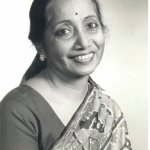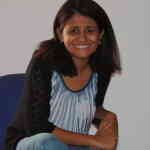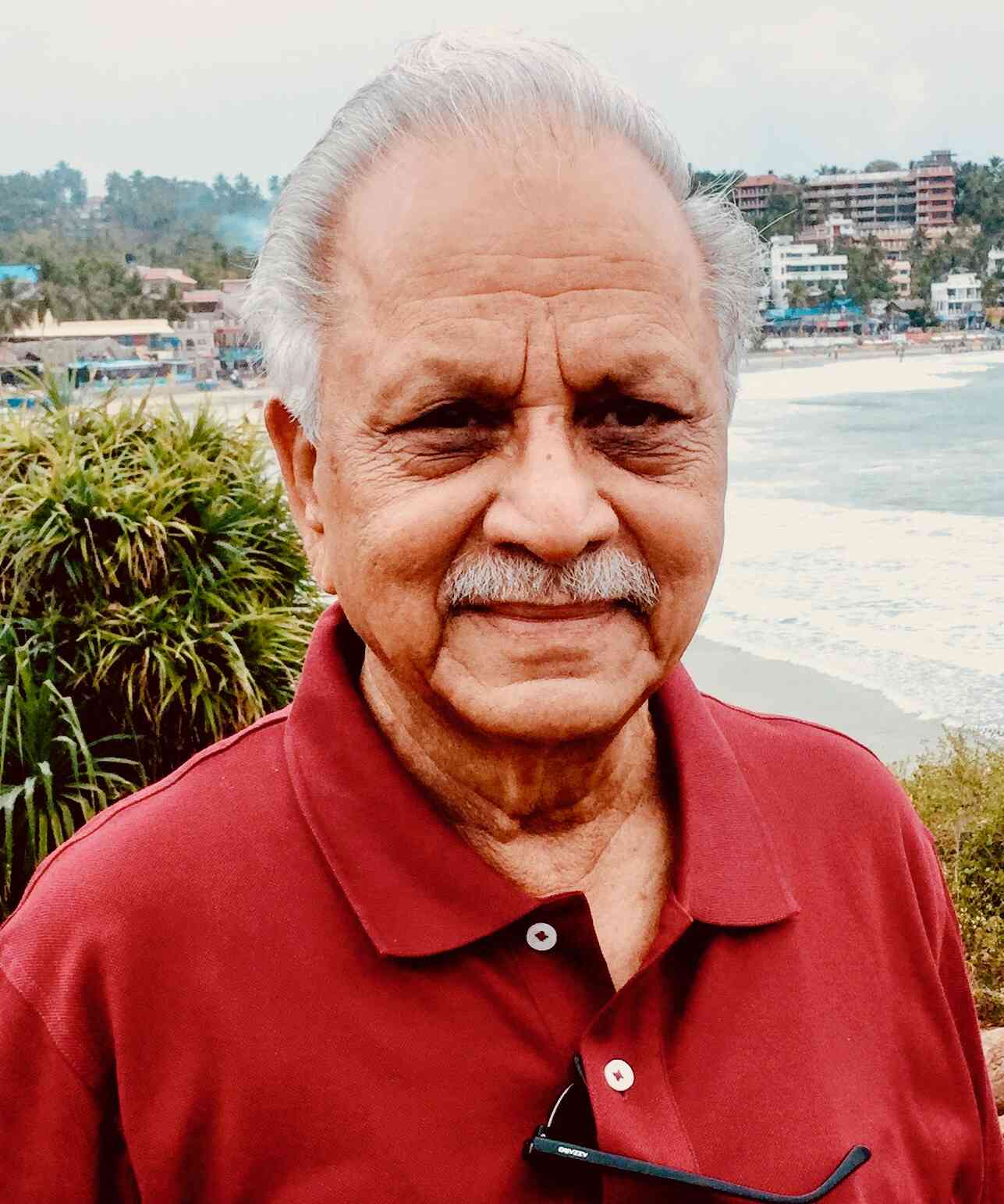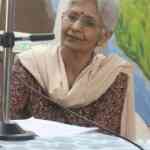Remembering The Other Afghanistan
As she watches the turmoil unfold in Afghanistan, our author remembers a time when it was a centre of Hindustani Classical Music.
While the world watches the sad political developments in Afghanistan, I am remembering some reminiscences that my music teacher, Ustad Hafeez Ahmed Khan sahib, used to narrate about his impressions of Afghanistan.
Ustad Nissar Hussain Khan, Image Courtesy: Parrikar Library of Indian Classical Music
Once upon a time, just two generations ago, Afghanistan used to be a centre for North Indian classical music, with the rulers patronizing and regularly inviting leading musicians from India to perform in Kabul. Thus it was that my guru, Khan sahib, got invited to give concerts in the capital. He was a disciple (and son-in-law) of the legendary Tarana Samrat Ustad Nissar Hussain Khan sahib (who was for some years towards the end of his life, a resident guru at the famous ITC Sangeet Research Academy at Kolkata). They used to both get invited to perform in Kabul, and both have told me about the good times they had in Afghanistan.
Kabul even used to have a music festival. Although the country is bordered by many nations – Iran, Turkmenistan, Uzbekistan and Pakistan, it was Indian classical music (Hindustani) that was popular. One of Afghanistan’s leading vocalists of recent times was Ustad Mohammed Hussain Sarhang. I had the good fortune to interview him when he visited India for concerts during the early 1980s. He belonged to the Patiala Gharana; the leading exponent of this style was the late Ustad Bade Gulam Ali Khan. Ustad Sarhang even resembled Bade Gulam Ali Khan – the same tall, hefty body, large mustaches, and a very imposing presence on stage.
Both were unassuming to a fault – Ustad Sarhang was asleep when I went to interview him at the time specified by him, but apologized profusely and sat up to talk to me, about his training and his life in Afghanistan. The internet carries many samples of Sarhang’s renderings – he specialized in not merely khayal (classical) but also thumris (semi-classical) and ghazals.
Although he was every bit as good as Bade Gulam Ali Khan, Sarhang never made a name to match that of Ustad Bade Gulam Ali Khan – perhaps because he was based outside India.
It was a fascinating account. Sarhang was appointed royal musician at the court of King Zahir Shah, which testifies to the royal interest in classical music. There used to be in fact, a Kandahar Vani (style) of dhrupad singing (which has now practically vanished). After the country became strife-torn over the last two decades, cultural activities naturally took a back seat, and visits to Afghanistan by Indian musicians also dwindled and stopped. Royal patronage also vanished.
Ustad Nissar Hussain Khan sahib used to reminisce about his recitals at the Afghan court during the post-independence years. It was among his favourite memories of travels connected to performances of concerts. He used to mention ancient and rare stringed instruments that were still found in Afghanistan, though they had disappeared in mainland India (thanks to the rising popularity of the stringed sarangi (for accompaniment) and the sitar. Incidentally, the sitar is said to have been imported from the middle east, as was the tabla, which supplanted the earlier pakhawaj for rhythmic accompaniment in recitals of North Indian classical music). He used to also mention the dry fruits he returned with – of course; every schoolchild reads the famous story of Kabuliwala by Rabindranath Tagore, as part of the school syllabus -- in which a trader from Kabul visits India to sell his ware of dry fruits. It is a very touching story.
Today, Kabul is, sadly, in the news for entirely different reasons.
Comments







Post a comment